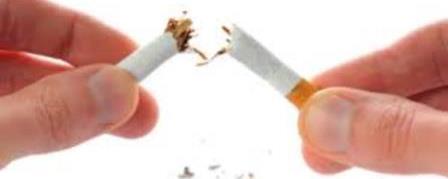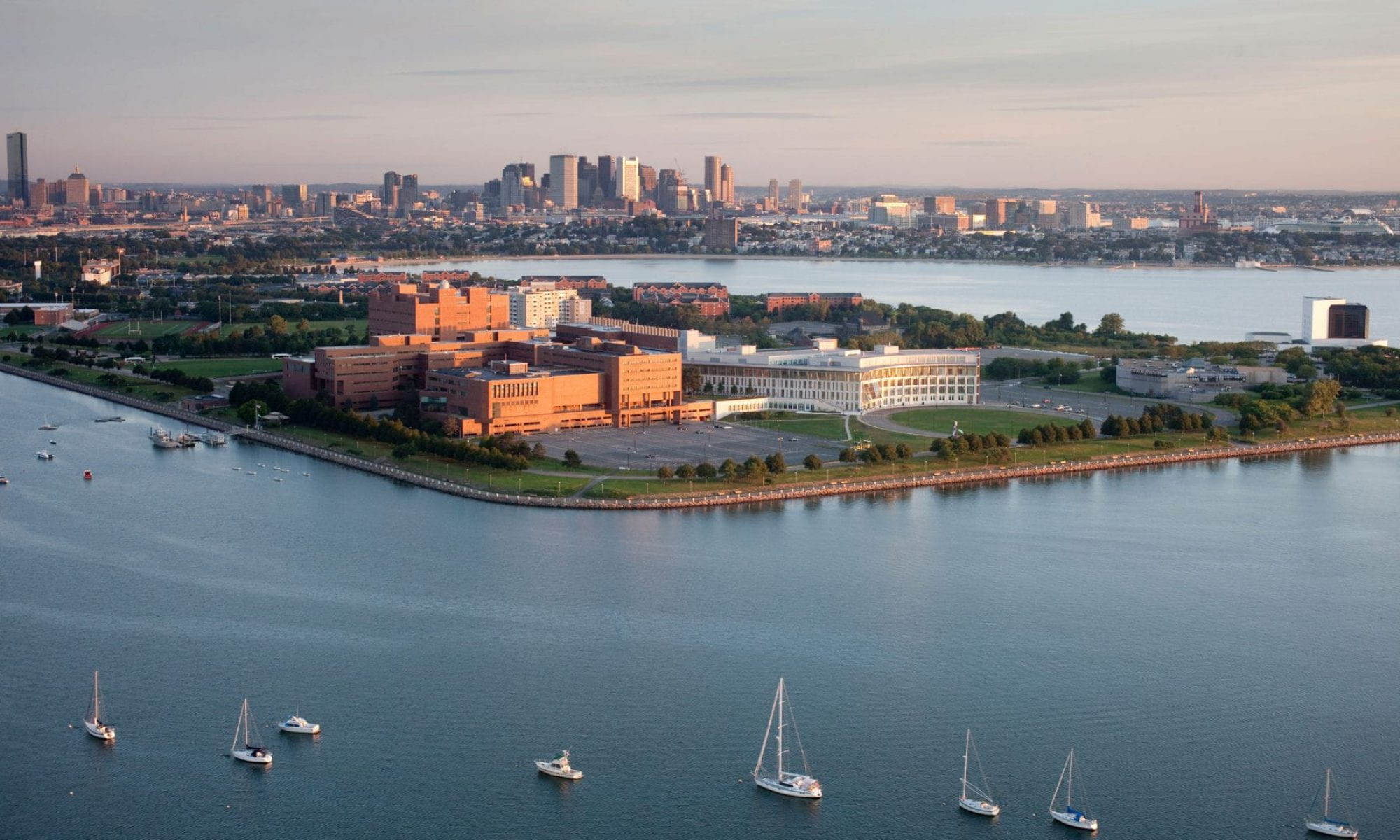—
A memo issued from James Overton, Interim Co-Vice Chancellor for Student Affairs and Robert Pomales, Executive Director, University Health Services outlines the Campus wide Tobacco-Free policy in effect as of January 19, 2016.
For information about Smoking Cessation, resources and support, please visit the UMass Boston University Health Services – Tobacco-Free Living page.
— Memo Begins–
This memo is to inform you of the implementation of the UMass Boston Tobacco-Free Campus Policy. This policy will be implemented on January 19, 2016.
There is considerable evidence that concentrations of smoke are harmful to nonsmokers, as well as smokers. Findings of the Surgeon General indicate that tobacco use in any form, active and passive, is a significant health hazard. The University of Massachusetts Boston has a responsibility to its faculty, staff, students, and visitors to provide a safe and healthy environment.
The Tobacco-Free Campus Policy is intended to eliminate exposure to secondhand smoke, provide an environment supportive of tobacco free lifestyles, mitigate the risk of accidental fire, eliminate the health risks associated with expectoration from smokeless tobacco, and eliminate the environmental impact of cigarette litter.
With this action, the University of Massachusetts Boston will join the other four campuses of the UMass System, which have implemented a tobacco-free campus policy.
This Policy applies to anyone within the UMass Boston campus including students, staff, faculty, contractors, and visitors.
Definitions:
Tobacco: For the purposes of this policy, “tobacco” refers to any and all tobacco and/or nicotine products, whether inhaled or ingested, as well as electronic cigarettes.
Policy:
- In compliance with state law, the use of tobacco is prohibited in all buildings, including all buildings owned or leased by the University of Massachusetts Boston.
- The use of tobacco is also prohibited on all university grounds, including the Bayside property.
- The use of tobacco is prohibited inside all university owned or leased vehicles, regardless of location.
- Applications for exceptions to this policy may be sought (e.g., for religious celebrations or practices, artistic performances, and smoking research).
The chancellor has appointed a Tobacco-Free Policy Committee representative of students, faculty, and staff to promote the success of this policy. Members include representatives from:
Student Affairs
University Health Services
Faculty Council
Human Resources
Environmental Health and Safety
Undergraduate Student Government
Faculty and staff shall have access to on campus coaching and counseling, including private consultation and group cessation programming, through the University Health Services and through the Employee Assistance Program (EAP).
The university will develop and fund a smoking cessation program to assist students, faculty, and staff who wish to quit smoking.
—
For more information about Smoking Cessation, resources and support, please visit the University Health Services – Tobacco-Free Living page.
—
